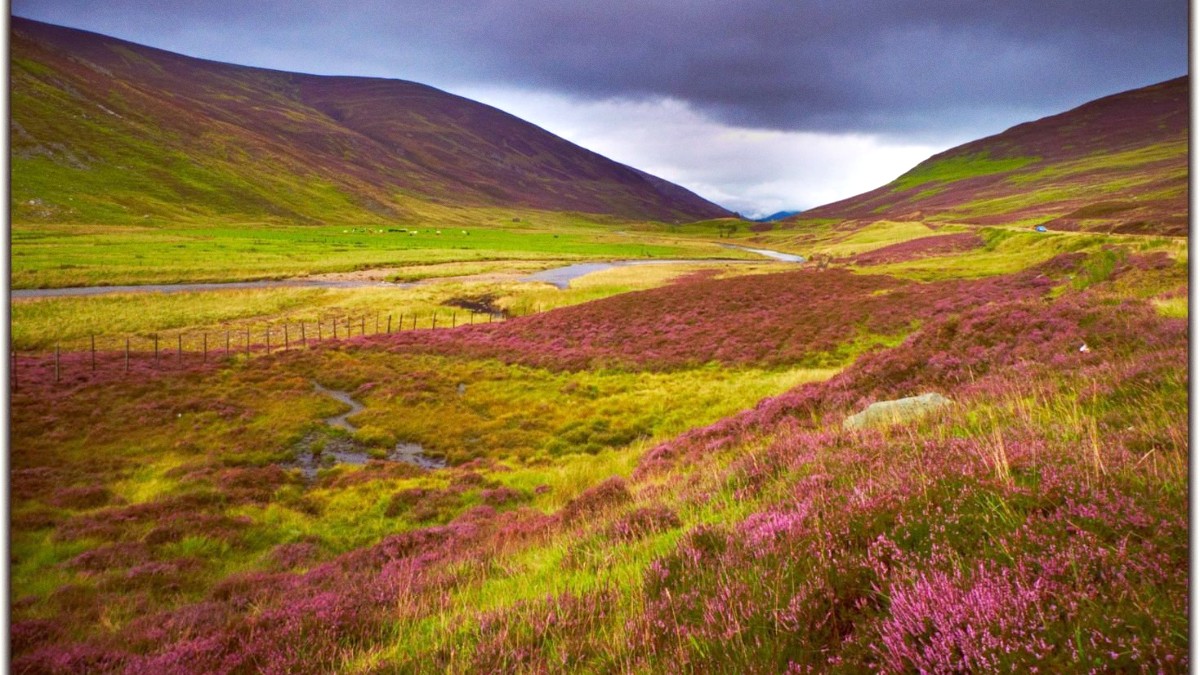
Highlands And Northern Islands, Scotland
Travel to the Outer Hebrides without overspending.
Maximize your time exploring the islands.
Understand local customs to enrich your visit.
Tailor your trip for different travel dynamics.
Embrace flexibility; the islands' weather and charm often lead to unexpected discoveries.
Gain a appreciation for island life and access important information.
Respect Sunday observance, community values, and road etiquette.
A few Gaelic words demonstrate respect and open friendly interactions.
Always pack layers and waterproofs; weather changes quickly.
Single-track roads have passing places; use them to allow oncoming traffic or faster vehicles to pass.